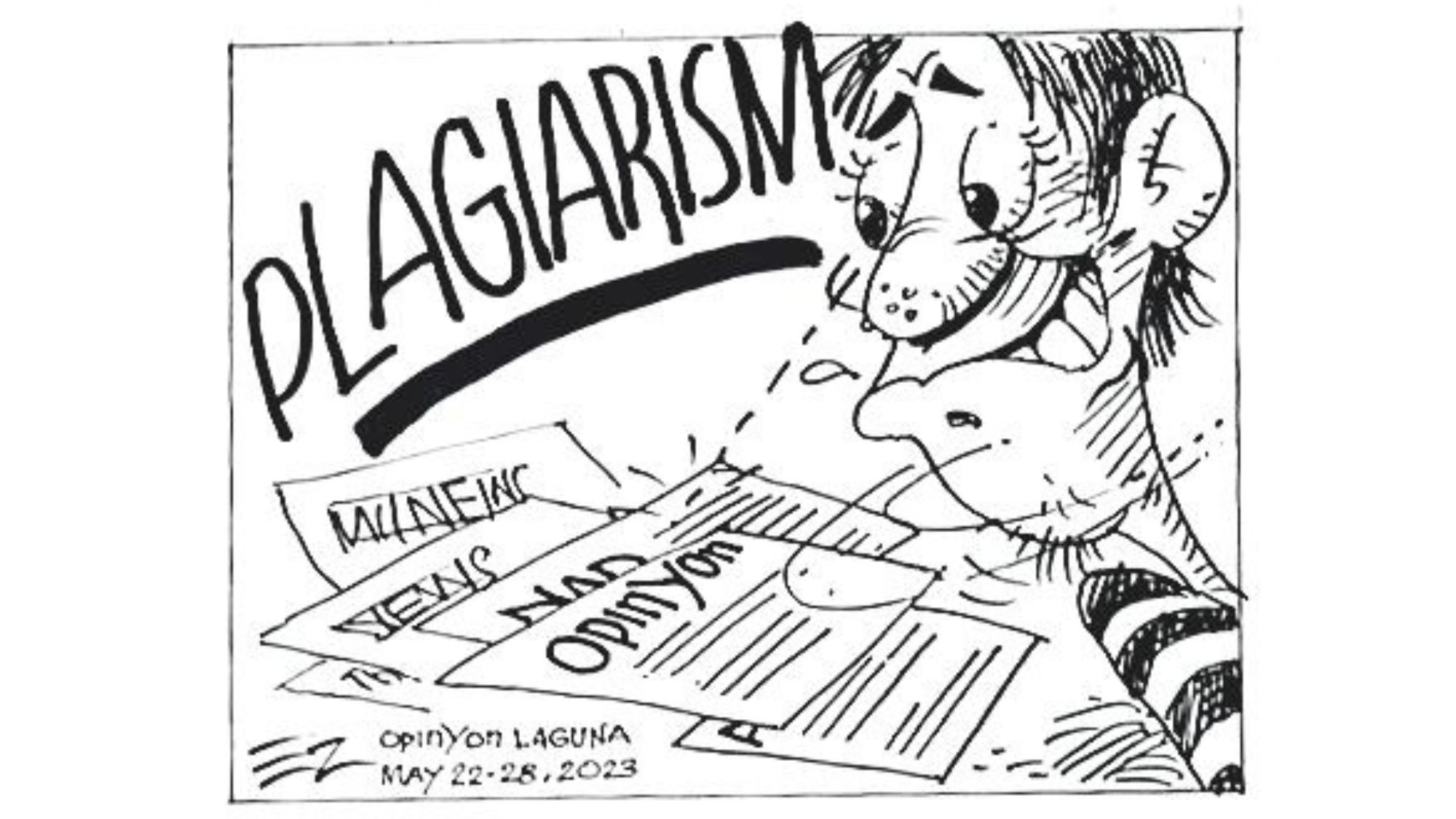One of the biggest sins a news outlet can make aside from presenting fiction as journalism (read: fake news) is plagiarism, or copying content from other sources without proper attribution.
Accusations of plagiarism and content-copying have plagued mainstream media in the Philippines, and many news outlets have imposed strict measures to ensure content providers - whether they be writers, columnists and even broadcasters - not only properly attribute their sources but also check their works to see if they weren't simply copied.
In a highly competitive media space, the mere act of "copy-pasting" articles without even the slightest rewriting is taboo, a sign of extreme laziness not only on the part of the writer but on the part of the news outlet itself.
And yet such systems aren't fool-proof. Social media has, unfortunately, enabled many enterprising and opportunistic individuals to simply grab content from other news sources and pass them off as their own work.
In fact, some outlets now even dispense with the act of putting "CTTO" (credits to the owner), which has been discouraged by the Intellectual Property Office of the Philippines (IPOPHIL), on their posts.
Even OpinYon Laguna, which had worked hard to build its reputation as a reliable source of information and commentary in Laguna province, has not escaped from falling victim to these unscrupulous news sites.
Recently, sources called out the attention of this newsmagazine about an online news website operating in Laguna’s 1st District copying – word for word – some of its articles and then posting them on its own social media page.
To add insult to injury, the admins of this page did not even bother to remove the name of the original writer on its posts.
It should be noted, by the way, that this news website has been called out by some local politicians in the 1st District for allegedly “exaggerating” (read: lying) about certain issues of public interest.
The problem with social media is that even with available laws, it has proved to be difficult to trace the perpetrators of these blatant acts of plagiarism, much less bring them to court.
Measures offered by social media providers such as Facebook and Twitter, ostensibly meant to halt plagiarism, have also failed to completely stem the wave of content-grabbing on their sites.
It’s not enough to simply educate the public – and our fellow members in the media – about the possible legal consequences of “copy-pasting” content without proper attribution.
If these social media sites are serious about ensuring that “fake news” does not slip through the cracks, they should immediately act on reports on this growing trend of online content theft.
